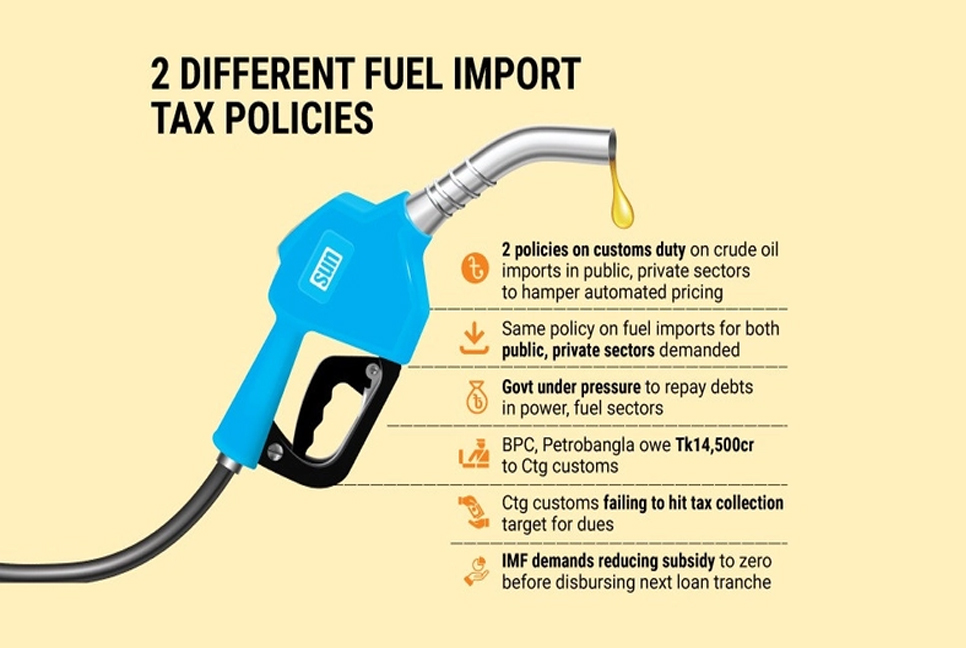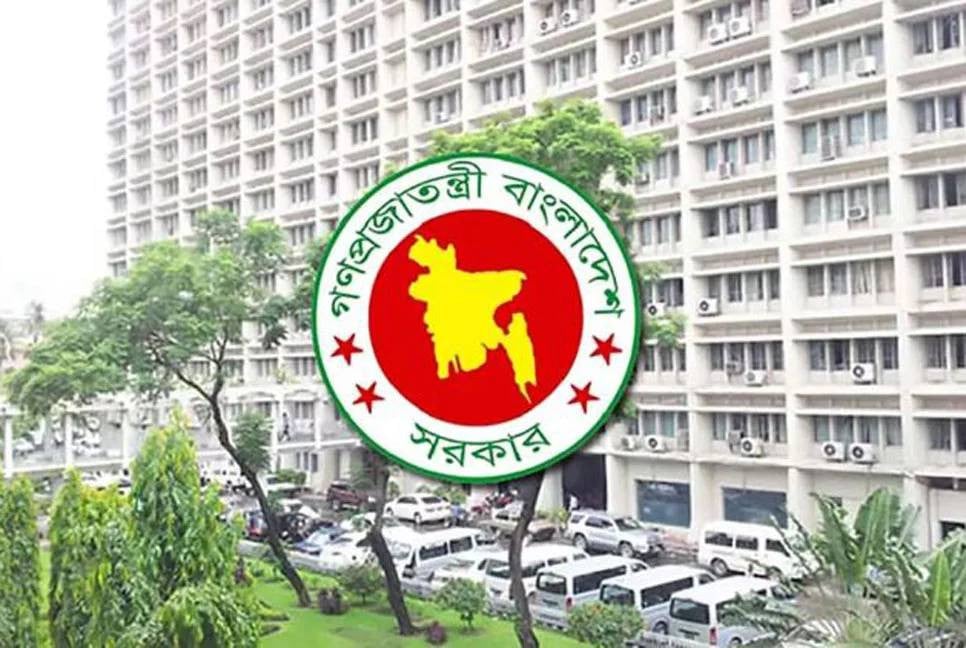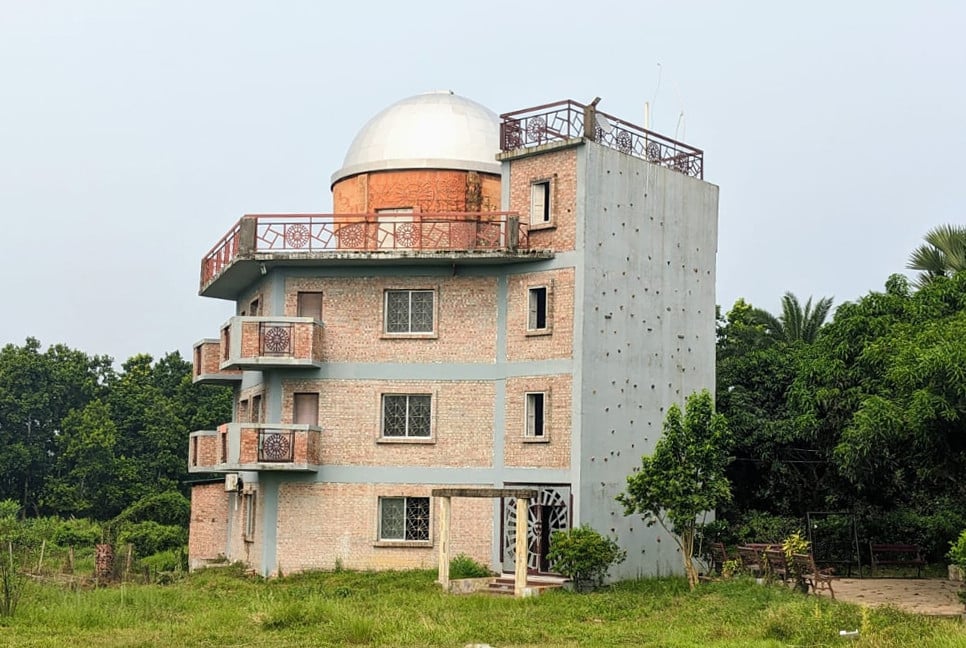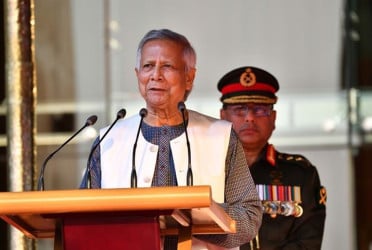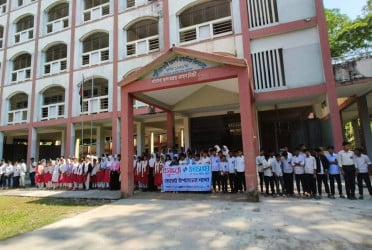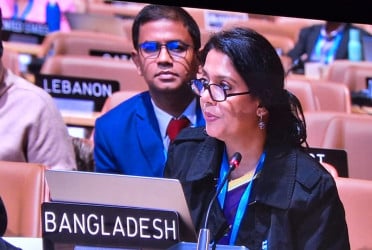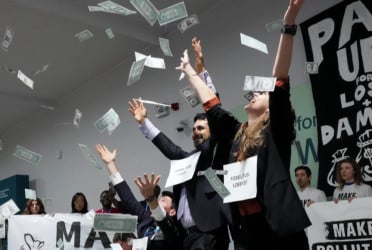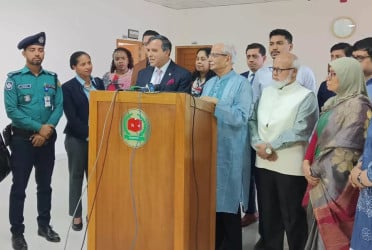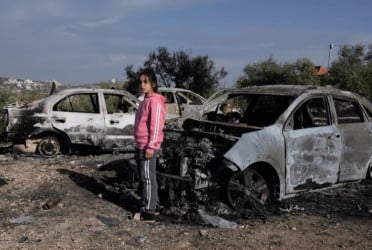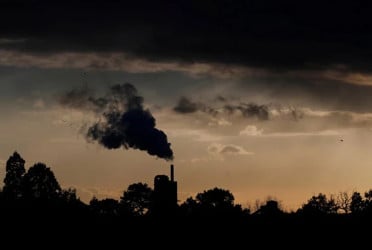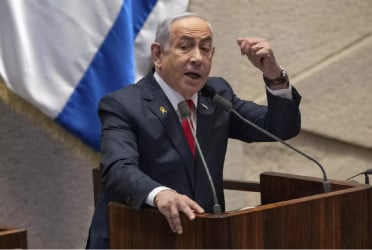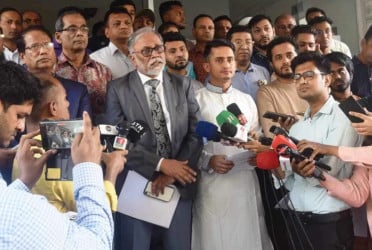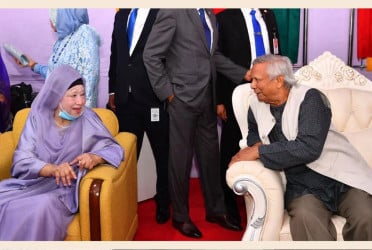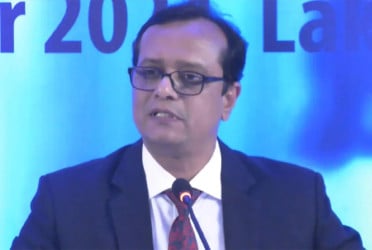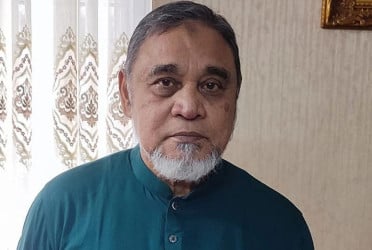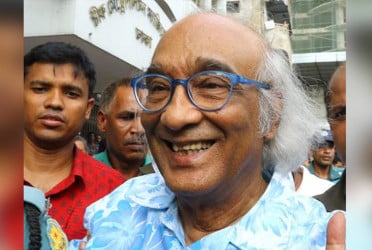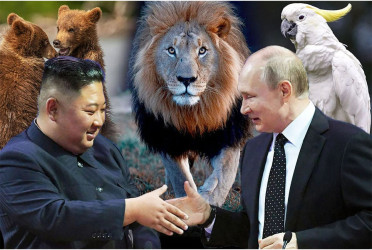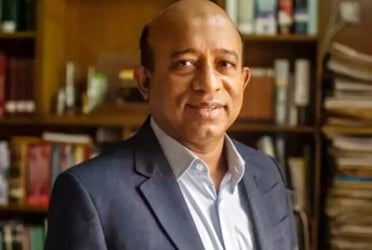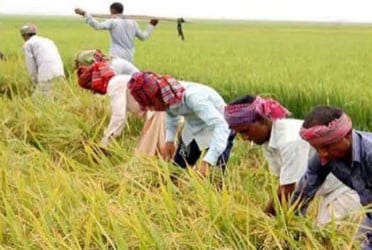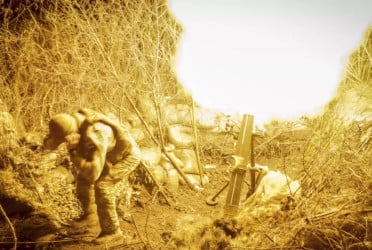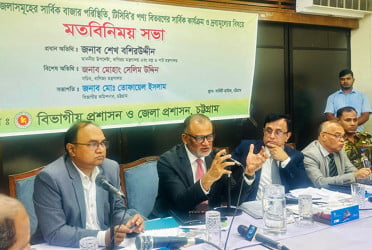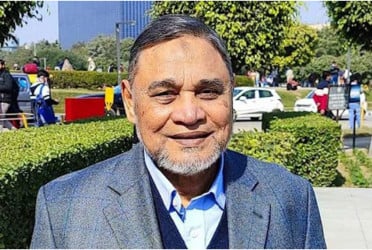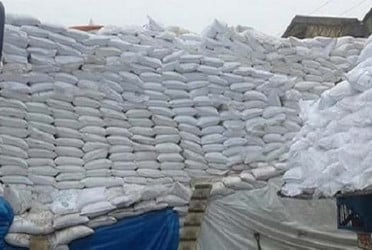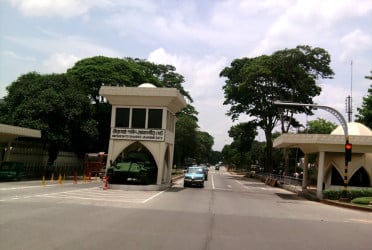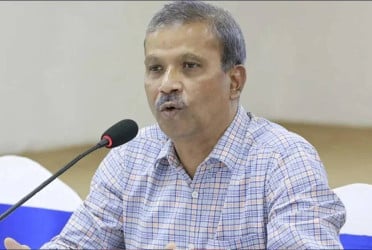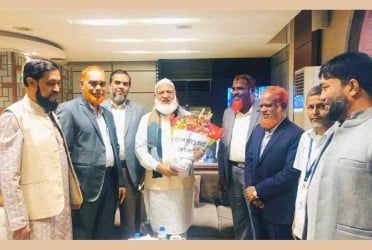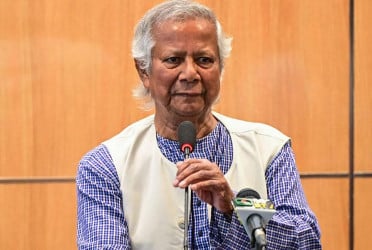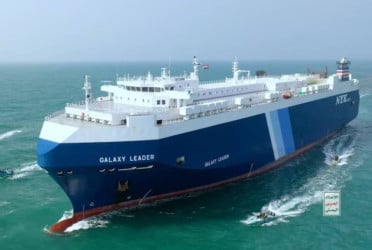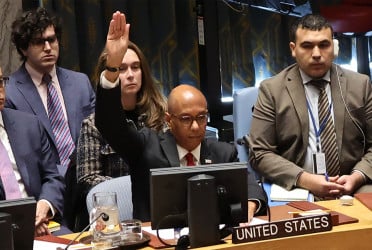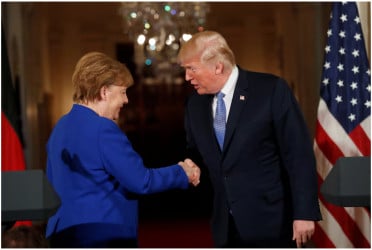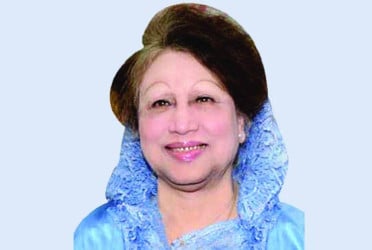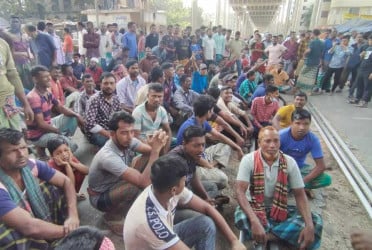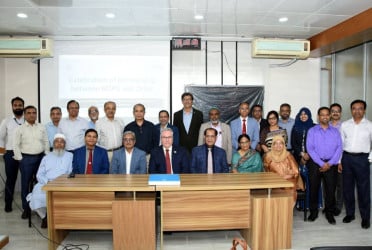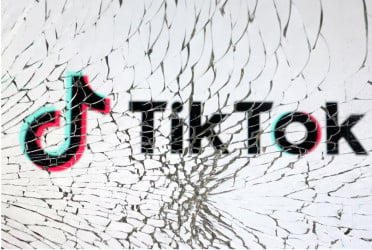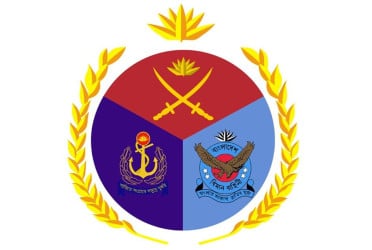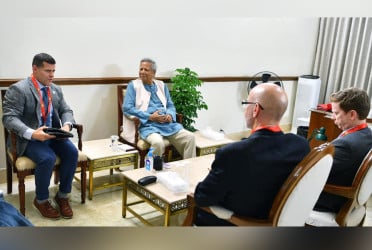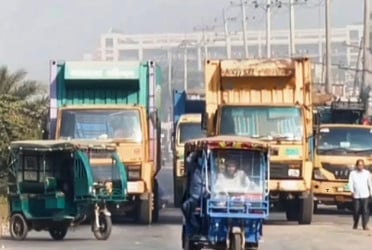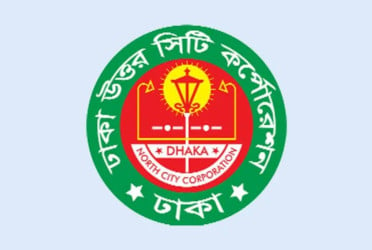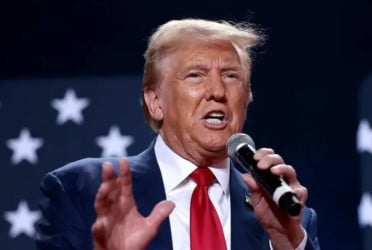Private entrepreneurs have been facing huge losses due to the government’s dual policy for determining duty on crude oil import by the public and private sectors, prompting the crude oil importers to demand the identical policy for all.
People involved in this sector said the Chattogram Customs House charges a customs duty based on tariff value for clearing the crude oil imported by the Bangladesh Petroleum Corporation (BPC), but they charge the private importers a customs duty based on the invoice value for the same product imported under the same HS code.
The BPC determines the product price without accurately taking into account the customs duty levied on the products in respect of their invoice value. The National Board of Revenue (NBR) later issues demand notes to the BPC for further payments based on the product price, which the BPC does not include in its pricing formula. Here the dual policy of the authorities concerned for the public and private sectors is observed, said relevant sources.
Energy sector experts said there cannot be two policies for taxing the same imported product in a country. In case of import of crude oil, customs duty for both the government and private companies should be determined in the same manner. The pricing formula for fuel should be determined either by evaluating the tariff or by evaluating the customs duty on the invoice value.
Experts also said there is no alternative to introducing an automatic price adjustment system in line with the international market to keep the overall economy stable. However, the government must come out of the dual policy of taxation before introducing the automatic price adjustment system in line with the global market. Pricing should be done on the same principle for both public and private sectors. Only then will the financial crisis be over and it will be possible to prevent fuel smuggling.
The stakeholders said that the import cost for the private oil importers is increasing due to the dual policy in taxation. At the same time they have to pay an additional VAT. The customs duty paid by the private importers is more than double the tariff paid by the BPC. As a result, they suffer huge financial losses.
The International Monetary Fund (IMF) had imposed a condition of implementing an “automated pricing formula” from September last year for loan disbursement, but the government has not been able to fulfil it yet. As a result, the government is already under pressure to pay the outstanding financial subsidy in the power and energy sectors. If this situation continues, there will be no way out of the ongoing financial crisis. Economists believe that the financial pressure will increase if the conditions of the IMF are not implemented quickly.
Officials of the Energy and Mineral Resources Division and the BPC said the government has taken an initiative to adjust the prices of diesel, petrol, octane and fuel oil regularly taking the global market prices into consideration from April this year to meet the IMF’s conditions. The formula considered by the government for the automated price adjustment of fuel will never solve the country's financial crisis, or prevent oil smuggling.
Chattogram Customs struggling with BPC, Petrobangla dues
The Chattogram Customs House has been facing huge problems over the Tk14,500 crore dues of the state-owned companies -- Bangladesh Petroleum Corporation and Petrobangla. It is failing to achieve its revenue collection targets due to that huge amount of dues.
There have been allegations of not getting response from the BPC and Petrobangla in this regard even with repeated letters issued by the authorities concerned. A letter to the NBR from the Chattogram Customs House revealed that revenue arrears were withheld from BPC and Petrobangla.
Barrister Md Badruzzaman Munshi, deputy commissioner of Chattogram Customs House, said, “We hope that the Chattogram Customs House authorities will be able to achieve their revenue target if the outstanding revenue of BPC and Petrobangla and other organisations is collected this fiscal year.”
Regarding automatic price determination, State Minister for Power, Energy and Mineral Resources Nasrul Hamid said, “We have left the fuel oil market to the private sector. Dynamic pricing system will be introduced in the fuel oil market in the country by April this year.”
An IMF delegation came to Bangladesh in October 2023 to see how many of the loan conditions had been fulfilled. The IMF delegation, led by Rahul Anand, held the last meeting with various organizations, including the Ministry of Finance, Power Division, Energy and Mineral Resources Division and Bangladesh Power Development Board (BPDB). In that meeting, the IMF called for reducing the subsidy in the fuel sector by adjusting the price.
Energy expert and former Bangladesh University of Engineering Technology (BUET) Professor Ijaz Hossain said, “Different countries have now moved away from the institutional pricing system of fuel oil. Even our neighbouring country India has moved to an automated formula-based system long ago. If the price of fuel oil increases in the world market, it will go up in the country and vice versa.
“We have to adopt the formula in which India is fixing the price of fuel oil. It can be seen that the price of oil is changing every month. Consumers will benefit if the price falls. It is now very important to do so, because following this method will also reduce oil smuggling.”
Bangladesh will have to undertake major reforms this year to receive the third and fourth tranches of the IMF loan. The third installment is scheduled to be released in June, before which the organisation will conduct another review of the loan programme. One of the reforms to be implemented for the third installment is fuel price adjustment.
On 30 January 2023, the IMF approved a total loan of $4.7 billion for Bangladesh, which is to be disbursed in seven installments over three and a half years. The IMF approved the loan proposal in exchange for a commitment to meet their 38 conditions in phases.
The IMF has made several suggestions while disbursing the second tranche of the loan. It has two major conditions on the subsidy given by the government before next June. One of the conditions is that the government has to work on developing a “pricing strategy” to adjust the price of fuel oil in the local market in line with the price fluctuation in the international market.
The Ministry of Power, Energy and Mineral Resources is now reviewing the conditions and suggestions given by the IMF regarding the power and energy sector.
According to sources in the finance ministry, the government has undertaken comprehensive reforms in this sector according to the advice of the IMF. Electricity and gas prices have already been increased several times. Despite this, the government is still under pressure to pay the outstanding financial subsidy in this sector. According to the IMF, the government's subsidy in the power and fuel sector should be brought down to zero step by step.
After the introduction of the automatic pricing system, the government plans to set the fuel prices every month in line with in the world market.
Regarding the pricing mechanism, BPC officials said the formula will have two parts. In one section premiums (freight and others), taxes, marketing margins, and dealers' commissions will have a fixed portion, which will generally not change. The other part will increase or decrease according to the international price.
India's fuel oil price has also been taken into account in devising the formula. They also said the price of oil in Bangladesh will be determined in accordance with the market price of India to stop smuggling of fuel oil into the neighbouring countries.
According to BPC sources, currently the annual demand for fuel oil is about 75 lakh tonnes. Of this, the demand for diesel is 50 lakh tonnes.

